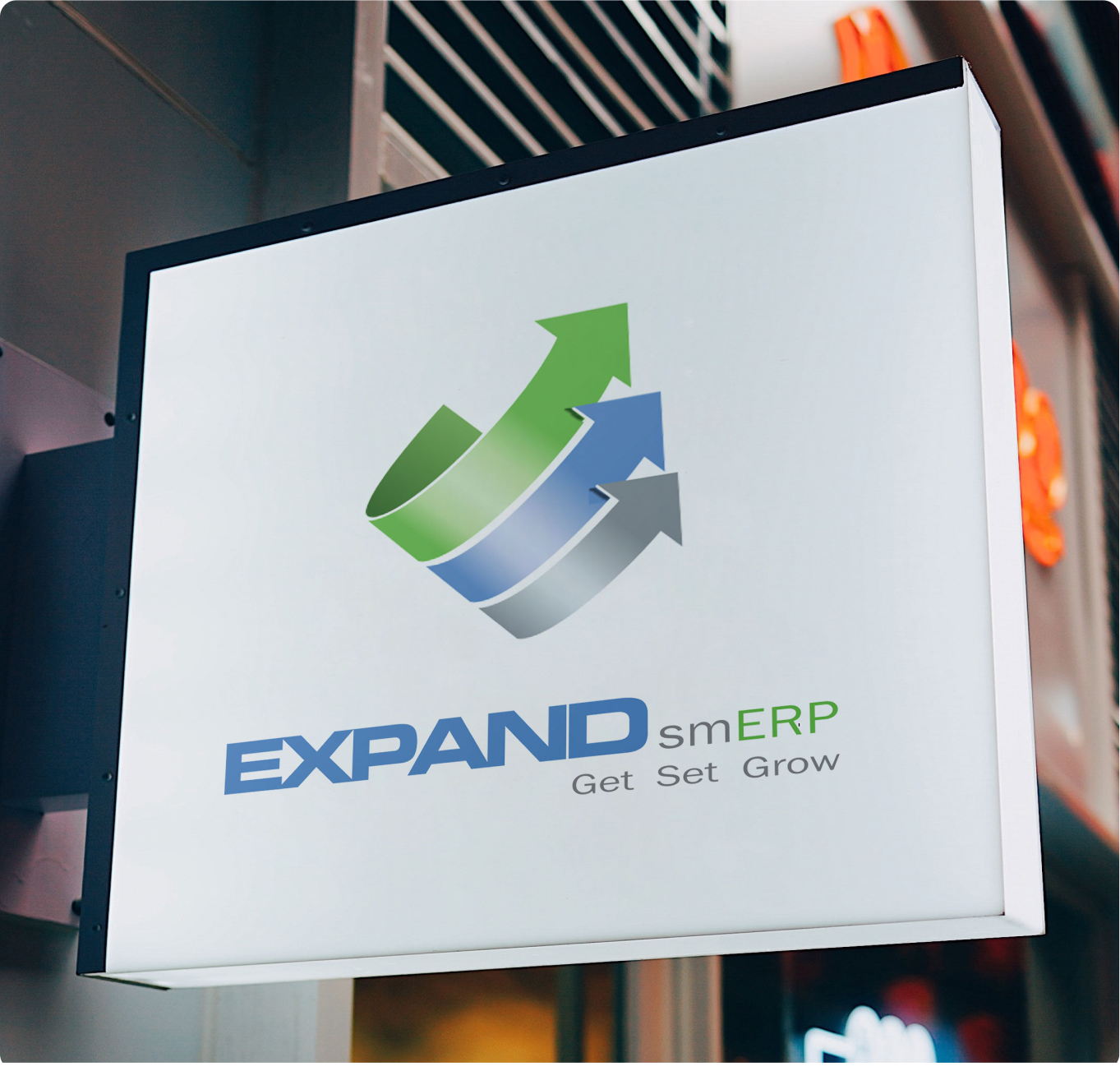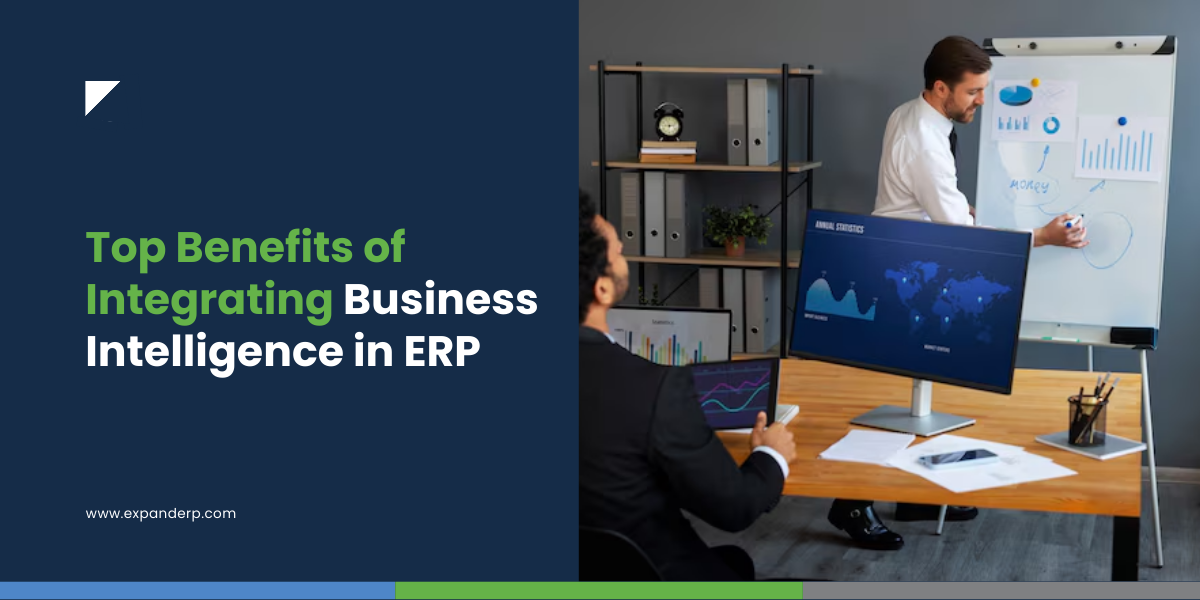Request for Callback
Fill out this form to download.

Fill out this form to download.
Thank You!
Your request for a callback has been successfully submitted. Our team will get in touch with you shortly. We appreciate your patience and look forward to speaking with you soon.
If you have any urgent concerns, please feel free to contact us directly at
+91 9007026542 or email us at [email protected]
Thank You for Your Interest!
Your request to unlock the free demo has been successfully submitted. Please check your email for further instructions and a link to access the demo. We hope you enjoy exploring the features and capabilities of our product.
If you have any questions or need further assistance, please feel free to contact us directly at
+91 9007026542 or email us at [email protected]
The brochure has been sent to your email. Kindly check your inbox, and if it’s not there, please check your spam or junk folder.
We've send a verification code to your phone
Just fill-in the details below and we will get in touch with you within 48hrs, maybe sooner.If it is important feel free to call Ritisha on +91 9007026542.
Thank you for your interest in Expand smERP. A product expert will call you within 48 hours, maybe sooner. If it is important please feel free to call Ritisha on +91 9007026542.
Thank you for your interest in expandsmERP. The login credentials have been sent to your email. Kindly note that these credentials are valid for 3 days.
Thanks for sharing your information For any queries, feel free to contact us at 9007026542.

Business Intelligence (BI) combined with Enterprise Resource Planning (ERP) has been proven to be imperative for each modern organisation looking to leverage improved operation, superior decision-making, and business growth. Integration of ERP with the power of business analytics gives ways to several insights, and changes the whole scenario of business performance; hence, let's go through these top 11 benefits.
In the modern business environment, data is the new currency. In this respect, companies are increasingly devising strategies anchored on data to survive in a competitive environment that continuously expands, and this is where an Enterprise Resource Planning system with Business Intelligence comes in. BI in an ERP system helps integrate strong management of data to give businesses analytic power in making decisions based on deeper insights, streamline operations, and make more informed decisions.
Whether you are looking for the best ERP software in India, ERP for manufacturing industry, or the best ERP software in Kolkata, being aware of these advantages could be a game-changer for your business. In this blog post, we are going to describe the top 11 benefits of integrating Business Intelligence inside the ERP system in business transformational operations.
This is one of the greatest advantages of having BI integrated with ERP. While traditional ERP systems are great data collecting and data management systems, they often do not have complex analytical tools that would convert data into useful business intelligence.
BI, on the other hand, instantly analyses data, helping managers and executives make instant decisions confidently. For example, a manufacturing company can use BI within its Enterprise Resource Planning system to analyse production data and find trends that lead to better resource allocation and process optimisation.
Real-time data access is very essential for any business operating in the current business environment. Embedded BI tools within ERP systems give direct access to data on each nook and cranny of a business in real-time. Real-time visibility allows an organisation to respond quickly to changes in market dynamics, customer needs, and operation challenges.
For instance, real-time dashboards can easily avail the business inventory levels, sales performance, and financial metrics, enabling the company to react speedily to emerging trends or issues with its market performance.
ERP systems create enormous data, but without the proper synthesis tool, findings are hard to come by. BI tools enhance the reporting features of ERP systems so that businesses can make tailored reports based on specific needs. These may be accompanied by detailed analysis of sales trends, financial performances, and customer behaviour.
Furthermore, these BI tools are capable of automating the reporting process, thus saving time and minimising the energy spent in generating reports; this lets managers focus on strategic planning.
Predictive analytics emerges as the single most powerful differentiator of business intelligence, integrated through ERP systems, and can provide value to improve business operations. It works by analysing historical data and making future trends predictions. These allow a business to look at things in a forward-thinking manner: looking out for challenges and opportunities.
For example, in manufacturing, predictive analytics is capable of demand forecasting, optimising inventory levels, and scheduling machine maintenance before failures occur to reduce time loss and costs of operation.
Recommended: 13 Benefits of ERP Inventory Management System by Expand smERP
Integrating BI with ERP will help to optimise business processes. To elaborate, BI tools can analyse the procurement process and identify suppliers that deliver late chronically or charge at a premium, and therefore their terms can be renegotiated or using other suppliers to enhance efficiencies.
In the context of software for export documentation, BI can identify bottlenecks in the documentation process and make suggestions as to where changes or rationalisations might be made to further compliance obligations while minimising any delays in international trade.
Financial management is at the core of any business. ERP-integrated BI would be able to take financial planning and analysis to the next level. BI tools provide insight into detailed financial reports, investigate spending patterns, and forecast future financial performance. This level of insight can assist businesses in running much tighter budgets, wasting less expense, and firming their overall financial health.
For example, a company using the best ERP software can optimally manage cash flows through BI, including the maintenance and growth of finances.
Knowing customer behavioural patterns and preferences is critical to serving them better. BI tools integrated with ERP systems obtain vital information related to customer purchasing patterns, preferences, and feedback, which can be used to tailor-make the offerings or marketing activities better in line with customer needs.
For example, BI is used by retailers to analyse customer data and develop personalised marketing campaigns, a move that seeks to enhance customer satisfaction and, consequently, customer loyalty.
Read Also: Reasons Why You Should Switch From Accounting Software To An ERP System
Supply chain management is a complicated process that encompasses the coordination of various activities from procurement to production to distribution. This then can be aligned using ERP with the help of integrating BI with them in real-time.
For instance, through monitoring supplier performance, optimisation of inventory levels, and demand forecasting, BI tools can ensure the smooth and efficient running of the supply chain. It is particularly beneficial for manufacturing businesses, whereby supply chain efficiency directly impacts the bottom line.
A strategic edge is very important in a competitive market. Companies could use BI and leverage their ERP systems to avail competitive advantages for better decisions with data. BI brings forth trends in the market, competitors' performance, and even customer preferences that would keep the organisation ahead of the rest.
For instance, a company can use BI to analyse competitor pricing strategies and then adjust the pricing models for it to remain competitive while making profits to the maximum possible level.
BI tools that are part of the ERP suite can take over a lot of routine tasks, such as data entry and report creation. Thus, it gives to the employees information so that work can be carried out effectively and with much better accuracy and, therefore, much more productively.
For instance, a sales team would be in the perfect position to relate up-to-the-minute customer data from such business intelligence sources, hence getting personal in the sales pitch to close deals more easily.
As the business grows, the businesses become more complex in managing data; this makes integrated BI with an ERP system the best tool, because of scalability and flexibility factors that can enable the businesses to adjust easily to fit their changing needs. BI tools are capable of assimilating huge volumes of data, customisable to meet the requirements of various business functions.
Moreover, this scalability is well defined: your ERP system will yield insights that support growth and drive success as your business develops.
This has several advantages to the change in the business process—from enhanced decision-making and real-time data access to improved customer insights and operational efficiency, the incorporation of BI in ERP indeed changes the game in all businesses. Quite plainly, these upsides apply whether you are looking at the best ERP software, focusing on ERP for the manufacturing industry, or using software to streamline export documentation processes. These businesses will, in turn, be more capable of surviving in the high-complexity business environment of the present day by making data-driven decisions that feed growth and secure long-term success.
Hosted on Certified Data Centers for Highest Level of Data Protection and Reliability.






